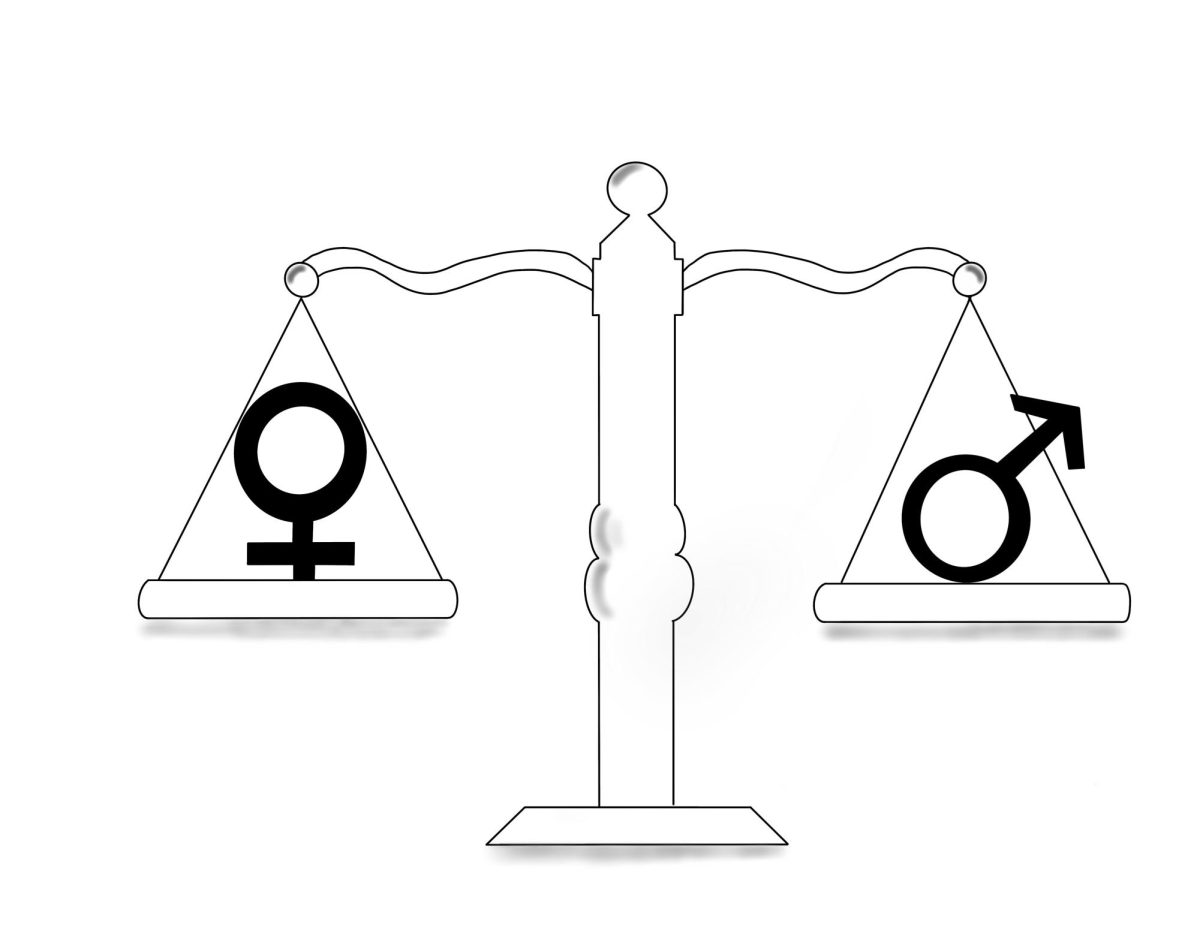
Marin Sanitary Service reports that they send between 200 and 500 tons of waste to the landfill every day.
Considering much of that waste could and should be recycled or composted, those statistics are disappointing. Recycling and composting, also known as organic recycling, are used throughout California to reduce the amount of waste sent to landfills, protect the environment, conserve natural resources and create reusable energy.
Where our waste goes
Marin Sanitary Service collects waste from homes, businesses and schools daily. Garbage is sent to Redwood Landfill in Novato, and recycling is sorted at Marin Sanitary before being sent to recycling facilities both in the Bay Area and overseas. Ruben Hernandez, Government and Legislative Affairs Representative at Marin Sanitary Service explains that recyclable items must go through extensive sorting before being recycled.
“Material is sent to the sorting lines. The sorters are trying to remove contamination: items that don’t belong. This is called negative sorting,” Hernandez said.

Sorters fill between three and four 18-yard bins with garbage in the recycling system daily. Once garbage is removed, sorters separate the waste by material: plastic, glass, aluminum and paper. This is called positive sorting. Bottles are recycled in California, while paper products are sent to Mexico and various Southeast Asian countries to be recycled.
Marin Sanitary Service composts some of the organic waste it collects and some is sent to Central Marin Sanitation Agency, where it is used to create renewable energy. Central Marin Sanitation Agency uses a biodigester to collect methane gas from food, fats, oils and greases. This methane gas is used to fuel their water treatment plant. Disposing of Marin’s waste is a large and costly operation that most community members don’t understand.
Environmental impact
All of this effort is not going to waste, as the work being done at Marin Sanitary and recycling centers around the world profoundly benefits our environment. The absence of recycling can exhaust natural resources such as trees, metal and sand.
Casey Fritz, Senior Planner at the Marin County Public Works Department, focuses on Waste Management in the county’s Zero Waste Marin program. Fritz highlights the importance of recycling to conserve natural resources.
“To make paper or the metal that we [make] our aluminum cans out of, we have to extract those things from the Earth. So we have to cut down trees, we have to dig out metal from the Earth, we have to extract sand for glass and if I use [products made from natural resources] for five minutes and throw [the products] in the landfill, [they] sit there forever. No one does anything with it; we are back at square one,” Fritz said. “If we can recycle correctly, we keep those materials in use.”
According to the United States Environmental Protection Agency, landfills are the third largest producer of methane in the United States, which is 25 times as potent as carbon dioxide. This means that it traps 25 times as much heat in our atmosphere, contributing to global warming. This methane is released by organic waste that cannot decompose properly when it is placed in landfills.
Regulations
In order to combat these issues, the state of California created legislation to require the use of recycling. Assembly Bill (AB) 341 was enacted in 2012, requiring all businesses and institutions, including schools, that generate four cubic yards or more of solid waste per week to implement a recycling system. While this law addresses recycling, it does not explicitly require composting or recycling any organic matter.
Legislators addressed the lack of composting in 2016 by creating AB 1826, which requires all businesses and institutions, as well as multifamily dwellings, that generate two cubic yards or more of waste per week to recycle their organic waste as well.
Neither of these laws were supported by concrete enforcements such as fines or penalties, allowing businesses and institutions to avoid them.
In contrast, State Bill (SB) 1383 requires every institution in the state to recycle organic waste. Institutions that violate the law can be fined, which is critical to ensuring that recycling regulations are followed.
Recycling at Redwood
Even though these laws require recycling at schools, Redwood still has a long way to go in creating an efficient recycling system. Recycling bins are almost impossible to find outside and some classrooms only have one recycling bin, exposing paper products to liquids that may be present in cans or bottles.

“In the single stream system, everything gets mixed. When that happens, the liquids that the bottles and cans hold will get the paper and cardboard wet. If [paper products] get soiled, then they get moldy and they lose their value,” Hernandez said.
In addition to the soiling of potentially recyclable materials, there is virtually no composting on campus, especially where it is needed most: the areas where students eat lunch.
“[It is important to] focus on getting compost and bottle [and] can recycling in the cafeteria or the popular lunch areas, so that people have access to those bins. If you just have access to a trash bin, then that’s all that’s going to happen,” Fritz said.
The bigger picture
Mitch Cohen, an Advanced Placement (AP) Environmental Science teacher, recognizes the importance of recycling but also acknowledges that recycling is just one part of a far larger effort.
“Recycling is just one small component in the waste management puzzle,” Cohen said.
Furthermore, Cohen emphasizes the need to reduce overconsumption to address the waste management issue in America.
“Especially in Marin, even with recycling, we have the highest per capita garbage in the country and that is because we are an affluent community and we buy a lot of stuff. So the first step, if we really want to get serious about it, is reducing the amount of stuff we buy,” Cohen said.
While recycling is only a small piece of the waste management puzzle, every action makes an impact. In addition to reducing the amount of waste in landfills, recycling can help protect the environment, conserve natural resources and create reusable energy.
“How you’re disposing of things is an impactful climate action that anyone can do every day,” Fritz said. “We are all generating trash, recycling, and compost all the time. Taking the extra second to think, ‘My lunch food waste is compostable, so I’m going to put it in the green bin,’ that’s a positive climate action.”







